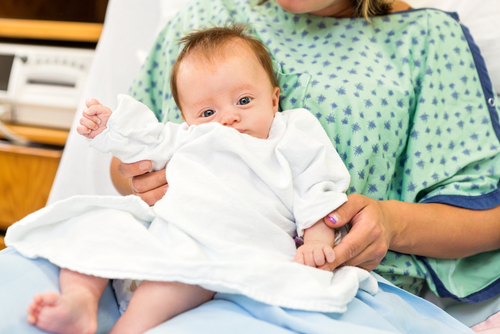The New Zealand advocacy association Child Poverty Action Group is calling attention to the elevated burden of respiratory diseases such as bronchiectasis throughout the country. The group, which works to end poverty and social exclusion, believes that in order to fight this reality, the underlying causes of poverty and poor housing must be addressed by the government.
The statement from the Child Poverty Action Group is based on a recently released report entitled “The impact of respiratory disease in New Zealand 2014,” which was supported by the Asthma Foundation. While the report reveals that New Zealand is not currently reducing the high incidence of respiratory diseases like bronchiolitis, asthma, and bronchiectasis, the group believes that addressing problems of underlying income and housing issues for the poorest will in turn have a positive impact on curtailing these diseases.
“To tackle the high burden of respiratory disease on New Zealand, we must address the underlying causes,” explained the CPAG health spokesperson Assoc. Professor Nikki Turner. “We fully endorse the recommendations in the Asthma Foundation’s report. New Zealand must ensure children and families have the resources they need to thrive including adequate family income, healthy housing and access to good primary healthcare, and it must urgently address the inequalities impacting so heavily, particularly on Maori and Pacific children.”
Not only has New Zealand failed to reduce rates of bronchiectasis, bronchiolitis and asthma in recent years, but in some cases, incidence rates are on the rise in spite of the fact that the report demonstrated a significant decrease in smoking. The conclusion suggests a more important role of poverty and deprivation on the development of these conditions, particularly among the Maori and Pacific people, since poor living and cooking conditions can be just as detrimental to lung health as smoking.
“It is alarming to read in the Asthma Foundation’s report that childhood bronchiolitis rates increased by nearly a third between 2000 and 2013. The state of children’s health shown by indicators like this are an obvious sign that New Zealand is not investing enough in childrens’ early years. These children are tomorrow’s citizens, we cannot afford to ignore their well-being,” added Turner.
Given these new facts, the Child Poverty Action Group has established a partnership with ActionStation, NZCCSS, UNICEFNZ, members of the Equality network and Tick for Kids to launch a new campaign focused on bringing childhood poverty into the 2015 agenda and budget discussion. The association has created an online petition to call attention to the government to address low income equality, particularly among children, and boosting family incomes among the poorest.

